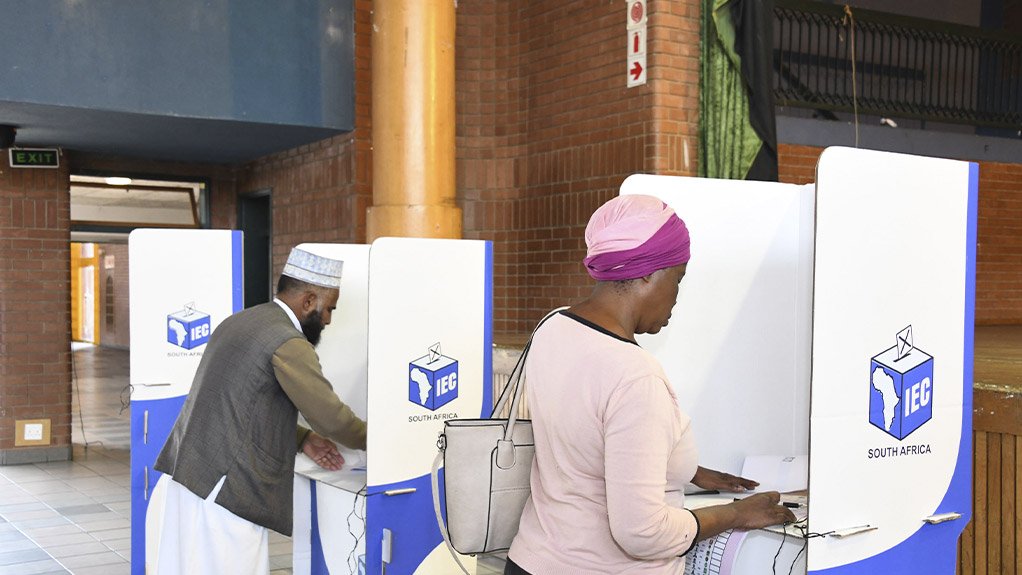Former Nigerian President Goodluck Jonathan on Friday declared South African’s sixth democratic general election as peaceful, despite a few service delivery protests that flared up in some parts of the country.
Jonathan was addressing the media at the Independent Electoral Commission (IEC) of South Africa’s results centre in Pretoria following his assignment of leading the Election Observation Mission (OEM) of the Electoral Institute for Sustainable Democracy in Africa (EISA).
He said the elections represented a critical milestone in South Africa’s democratic journey.
“These elections are arguably the most competitive in South Africa’s history. Seventy-six political parties contested the election at both national and provincial levels. At the national level, 48 parties contested the election, representing a 40% increase in the number of parties on the national ballot, 38 political parties contested at the provincial level, although the number varied by province. With 36 parties on the ballot, Gauteng province had the highest number of parties. The increase in the number of parties suggests that political competition is increasing,” said Jonathan.
He said the final report will be issued by EISA about three months after the elections.
He commended the IEC and the South African Police Services for acting speedily during service delivery protests and in cases where there were shortages of ballot papers.
“Observers also noted that the parties were able to campaign freely despite a few intimidation incidents and the political killings that were noted in parts of KwaZulu-Natal, and xenophobic attacks in some parts of the region. Parties adhered to the electoral code of conduct that was signed in March,” said Jonathan.
He went on to say that EISA commended the IEC’s positive steps to include women in the elections.
“Of the 189 000 elections staff recruited for the elections, 73% were women. While at 55% of the electorate, women constitute a majority of the registered voters for the 2019 elections, however, their participation as candidates is not commensurate with this percentage, as they constitute only 40% of the total candidates for the 2019 elections,” he explained.
Jonathan also raised concerns about a low youth turnout at the polls and encouraged the IEC to look into enhancing its electoral education to citizens and staff.
On the issue of alleged double voting, he said none of the observers were witness to this but he said it was important for the IEC to deal with the matter.
He concluded by sharing that the IEC should also look into venturing into the digital space and added that he has had talks with the IEC’s chief executive officer.
He said South Africa has the resources and capabilities to be the first country to look into moving into the digital space where people can vote in the comfort of their own homes.
EMAIL THIS ARTICLE SAVE THIS ARTICLE ARTICLE ENQUIRY
To subscribe email subscriptions@creamermedia.co.za or click here
To advertise email advertising@creamermedia.co.za or click here











